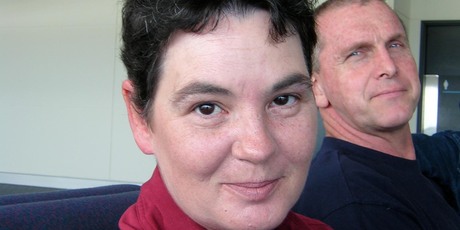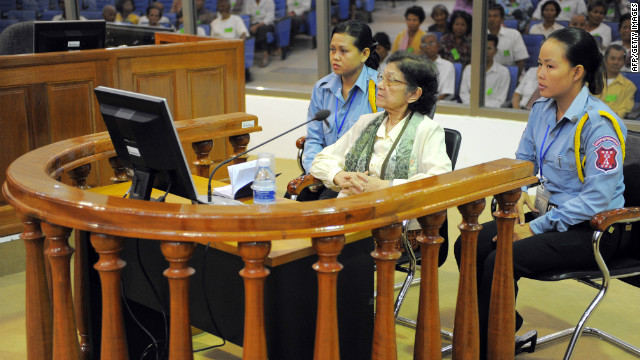By Justin Dorman
Impunity Watch Reporter, Middle East
BEIRUT, Lebanon – Another day has passed, and chaos ensues in the Middle East as demonstrators continue to violently protest America. These protests are in reaction to an anti-Mohammed film, The Innocence of Muslims, made by one fairly unknown American filmmaker.

Demonstrations have taken place all over the Middle East and Northern Africa. So far protesters have congregated in Morocco, Algeria, Tunisia, Libya, Sudan, Egpyt, the Gaza Strip, Lebanon, Yemen, Somalia, Iraq, Kuwait, Iran, Pakistan, Kashmir, Bangladesh, and Jakarta.
Many of these demonstrations have been violent and have involved the storming of U.S. embassies in these countries. There have been casualties on both sides of this conflict. On Tuesday in Libya four Americans were killed at the U.S. Embassy including Ambassador Stevens. In many of these countries, to keep protesters from rioting the embassies, police have used tear gas, guns, and water cannons when necessary. On Friday, three protesters were reported dead outside of Tunis, another was killed in Tripoli, and another in Khartoum. Many others have been injured.

Just outside the embassy in Tunis, protesters chanted, “Obama, Obama, we are all Osamas.”
While nearly all of the Middle East is protesting this anti-Mohammed film, not every country has turned to violence. Religious leaders in Afghanistan have urged their people to protest, but peacefully. As they assembled in Jalalabad they burned an effigy of Obama and a U.S. flag but have made no attempts to riot on any embassy. Two U.S. marines were killed at Camp Bastion in south Helmand but that involved a complex Taliban attack unrelated to demonstrations against the film.
For further information, please see:
Guardian – Middle East Live – 14 September 2012
Reuters – Middle East and North Africa Live – 14 September 2012
Impunity Watch – YouTube Video Fuels Islamic Unrest Across the Middle East – 13 September 2012



